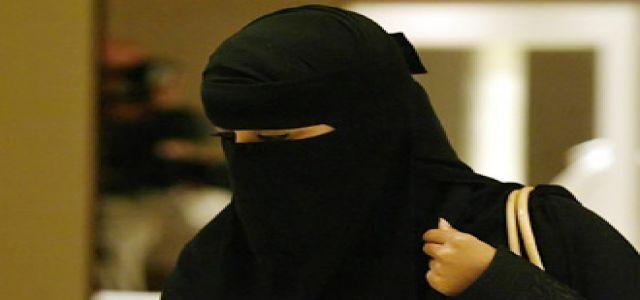- MB in Arabian press
- October 11, 2009
- 3 minutes read
Muslim Brotherhood slam ban on

A group of MPs and an Islamist lawyer waged an unprecedented legal battle against one of Egypt’s top Imams on Saturday after he issued a ban on women wearing the burka, or face veil, at any schools affiliated to al-Azhar, the world’s top Sunni Islam institution.
A Muslim brotherhood lawyer, representatives of Egypt’s lower house of parliament and the Sawaseya Center for Human Rights joined forces to file a lawsuit against Sheikh Mohammad Sayyed Tantawi, the Grand Imam of al-Azhar over what they called his “unconstitutional” ban that violates personal freedom and contradicts the principle of equality for all citizens.
The group also sought action against the country’s minister of higher education and the president of Cairo University for their role in the recent decision to ban female students from wearing the burka in al-Azhar affiliated schools and in Cairo University dorms.
“We have a ruling from the Supreme Administrative Court to the effect that women have the right to wear the niqab (Arabic for face veil),” Muslim Brotherhood lawyer, Abdel-Moneim Abdel-Maqsoud, told Al Arabiya.
“It might not be an obligation in Islam, but it is also not against Islam. So, women have the right to wear it when and where they choose,” Abdel-Maqsoud argued, adding that they would continue to fight the ban until the court annuls it.
Article 2 of Egyptian law states Islam is the religion of the state and is the main source of legislation while article 48 stipulates that freedom of expression is granted to all citizens and that they have the right to express their opinions in oral, written or visual forms.
Al-Azhar’s Deputy Chairman, Mohamed Abdel-Aziz, slammed the Muslim Brotherhood and said they do not have the right to file lawsuits since they are an outlawed group and added the matter was an internal policy that they have no right to object to.
“The decision to ban the face veil was approved by al-Azhar’s Supreme Council,” Abdel-Aziz told Al Arabiya. “This is none of their business.”
Abdel-Aziz added that the decision was not to impose an absolute ban on the burka, but only to regulate its use in certain places.
“Women can wear the face veil anywhere, but not in al-Azhar schools. If she does not want to show her face in front of men, al-Azhar schools are not co-ed. Therefore, there is no point in wearing the face veil in class.”
Supporting Tantawi’s argument, Abdel-Aziz stated that the face veil is not obligatory in Islam and that this is what they say to all detractors of the decision.
“The majority of senior scholars are in consensus that it is not ordained by God. Plus, I believe the lecturer should be able to see the faces of students,” he concluded.



